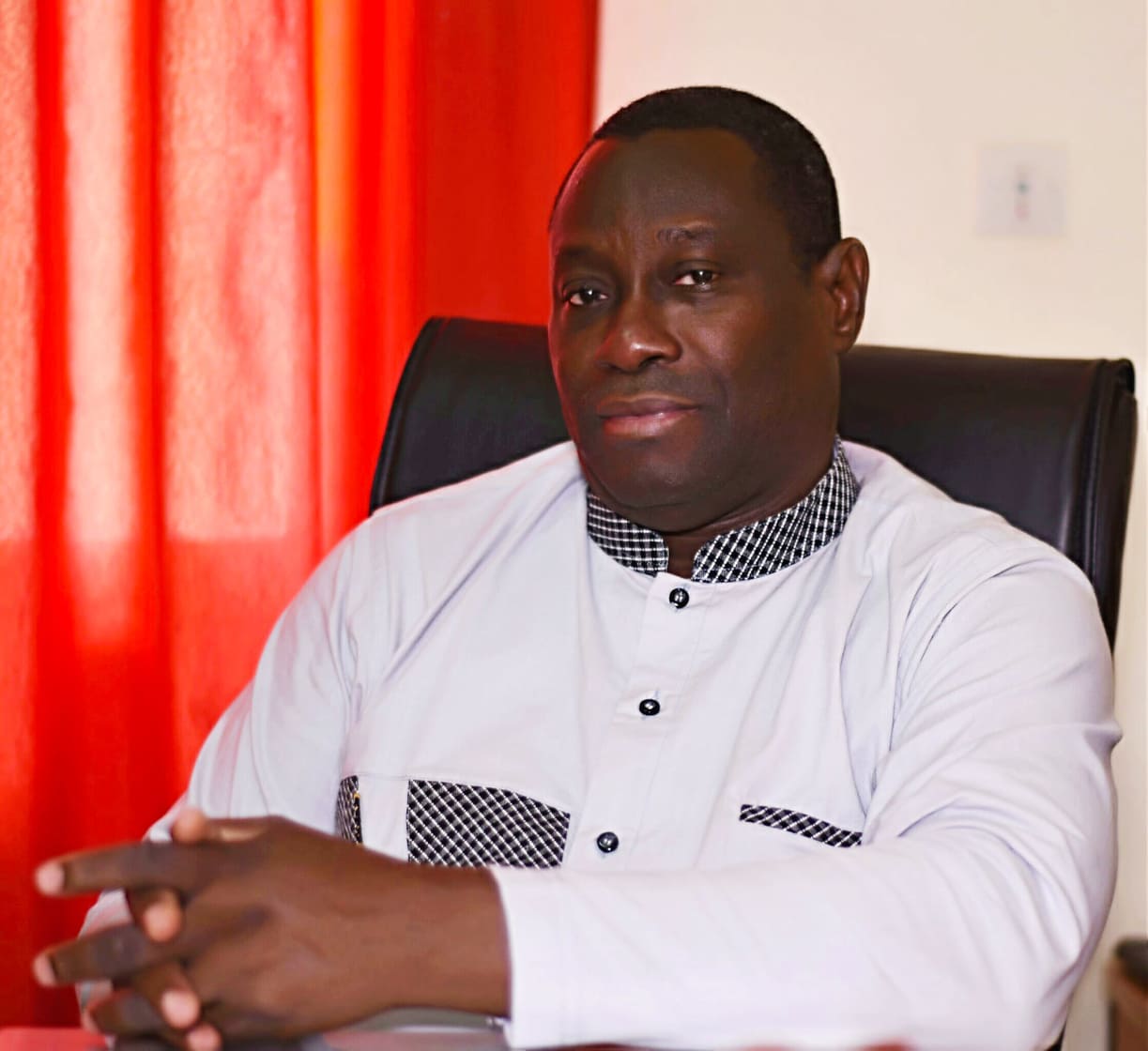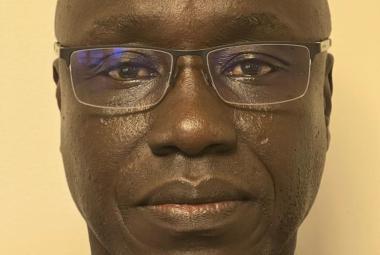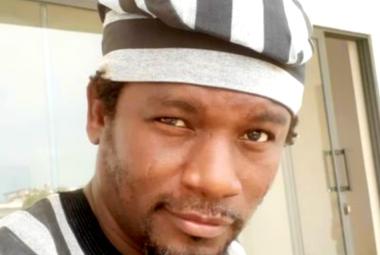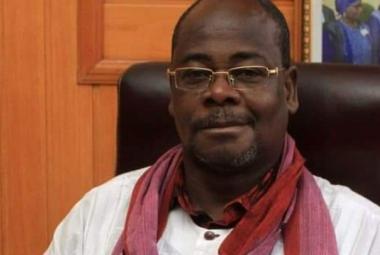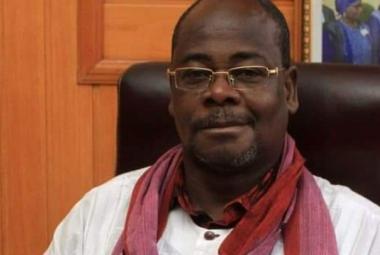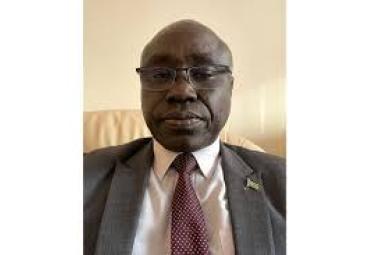France commemorates, on May 10 of each year, the "National Day of Memories of the Slave Trade, Slavery and their Abolition". A day institutionalized since 2006, which speaks and which should strongly question Africa...
When we talk about Africa and in particular its backwardness in terms of development, it is almost always a question of its painful past, marked by slavery, the slave trade, colonization... In the documentary Slave Routes: a global vision produced by Unesco, the directors, Sheila Walker and Georges Collinet, evoke the repercussions of the slave trade on the continent. It is thus admitted that for centuries, “Europe and part of the Americas grew considerably richer thanks to slavery”, while at the same time destroying “African societies, economies and cultures”. All things that lead to the conclusion that … “slavery was at the origin of the underdevelopment of Africa”.
REAL HUMAN BLEEDING
We remember that this shameful human bloodletting led, between the 15th and the 19th century, ten to twelve million African slaves to America through this despicable "triangular trade" between Europe, Africa and Europe. America. Even today, it is “very difficult to assess with precision the importance of the demographic drain on the three hundred years of intensive slave trade (from 1550 to 1850)”. By initiating this day, which allows among other things to carry out a “civic reflection on respect for human dignity and the notion of crime against humanity”, France recognizes its moral responsibility in this African drama. And if the date of May 10 - chosen in reference to May 10, 2001, "the day of the adoption in final reading by the Senate of the law recognizing the slave trade and slavery as a crime against humanity (law N°2001- 434 of May 21, 2001)” — is not unanimous, it has at least the merit of institutionalizing the essential duty of remembrance towards a continent robbed, in its time, of its vital forces. But also to bear witness for today and tomorrow.
POLITICAL INSTRUMENTS
Because it would be wrong to think that slavery has completely disappeared from the face of the earth. One always notes here and there some survivals under various forms. Not to mention that so far only France has made an act of contrition, or at least satisfied this duty of memory. At the same time, the fight for the recognition of the crime that constitutes the act of slavery has often become confused with demands for pecuniary reparations, cultivating the field of a… “instrumentalisation for political, but also economic and financial ends”.
This is explained by the Senegalese historian and researcher Abdarahmane Ngaïdé, when he rightly notes, in an interview with Le Point Afrique, that "slavery and the slave trade have become a subject of debate, captured by certain intellectuals and a few pressure groups when they should have remained an object of historical study, whose knowledge and memory should have been faithfully and exhaustively transmitted”. Today, we must undoubtedly overcome "mental, psychological slavery (which) continues to flourish", in particular through education from the base, but also through days like that of May 10 , whose vocation is above all to rehabilitate truth and memory.
AND THE AFRICANS IN ALL THIS?
But beyond this French day of remembrance, and/or in connection with it, beyond the tourist initiatives that Africans are doing concretely, on their continent, to strike awareness about this painful past, not so that they themselves remain stuck in this past, but so that they do not forget it in order to assume it and emancipate themselves from it? How can we understand that Africans are still subjected, in certain African countries, to coercive, degrading and inhuman measures which have nothing to envy to the slavery of our ancestors, and which often lead to uncontrolled repatriations?
There is undoubtedly food for thought for all, on this 10-May which invites, outside the sole framework of France and its overseas departments, to mark an educational and introspective halt on slavery, the slave trade and their abolition.
© Serge Mathias Tomondji
Ouagadougou, May 10, 2017
Source : http://www.fasozine.com
Fasozine (BURKINA FASO)



